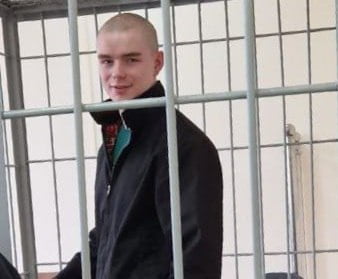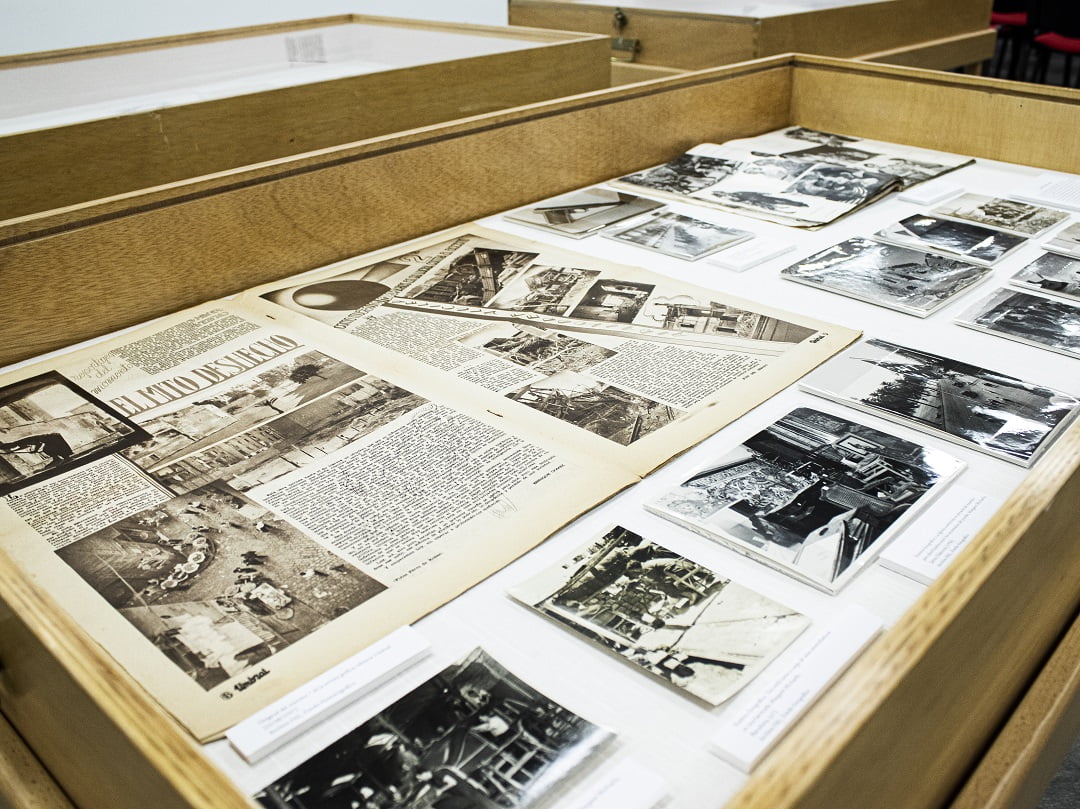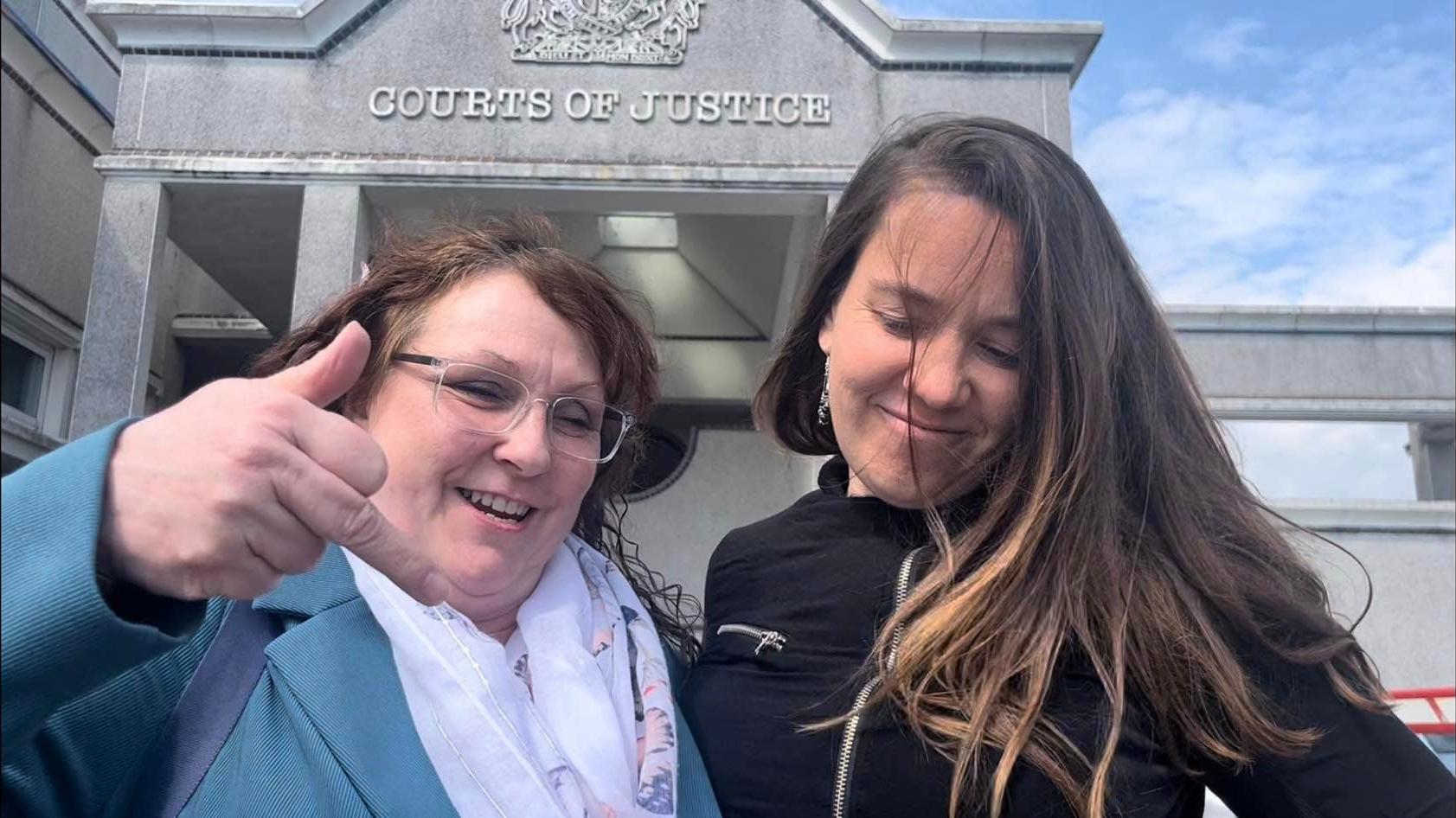Shortly before dawn on August 9th 2022, police moved into the heart of Exarcheia, Athens’ famously rebellious neighbourhood. A year on, the central square, Plateia Exarcheion, is still occupied, and a struggle for the historic area is underway. More than Exarheia’s future is at stake. In post-crisis Greece, the neighbourhood is just one front in the broader struggle for public space and autonomy.
Last August, the police moved into two sites in Exarcheia; Plateia Exarcheion, the small central square and Strefi, a low forested hill. For the former, a metro station has long been planned. The city of Athens has handed over the latter to a private company for redevelopment. Both spaces are the only open public places in a densely packed neighbourhood of narrow streets. People will have limited or no access to these sites for years to come. In the short term, this guarantees a strong and continuous police presence. Beyond that, they are significant steps in the gentrification of a historic community.
Walking into Plateia Exarcheion today, you see groups of police standing guard around the clock on every corner. A sight unthinkable a few years ago. For decades Exarcheia has been renowned worldwide as a centre for radical and anarchist politics—a rare enclave of solidarity and free expression in a European capital. However, having been the epicentre of radical politics and resistance to the state and capitalism made it the focus of police attention. If Exarcheia is indeed a revolutionary stronghold, it has always been a besieged one. It is clear, however, that the current intervention is different. The culmination of several years of pressure on the anarchist and anti-authoritarian space began under the left-led SYRIZA coalition governments (2015-2019) and continues under the right-wing New Democracy administration under Prime Minister Kyriakos Mitsotakis. Numerous squats, social centres and solidarity initiatives have been attacked and evicted, which comes on top of restrictions to the right to protest and strike that has been put in place and the continuous increase in police numbers and units in recent years.
While the permanent police presence in the heart of Exarcheia is worrying in some ways, it is less dangerous than the future heralded by the construction work. The twin economic forces of a property bubble and unchecked tourism stand to be further boosted by these projects. Having crashed during the crisis, the property market and tourism rebound suddenly turned Athens into one of Europe’s greatest investment opportunities. New apartment blocks are springing up everywhere while old ones are being renovated. Property investment and tourism have combined to create Europe’s most significant increase in short-term rentals. The explosion of apartments added to platforms such as AirBnB picked up pace in the late 2010s and continues unabated. Soaring rents and property prices are forcing people out. The added danger is people being forced out of their homes due to debts. A dangerous legacy of the crisis is a mountain of bad debt that can be sold to investment funds, which, in turn, can lead to eviction over small debts and more cheap property entering the market.
A common, and not exaggerated, claim in discussions around the cost of living points out that people have to pay rents of €300-400 on wages, often not more than €600-700. In Exarcheia itself, apartment prices have increased 126% since 2017. While the money tempts many, it is clear that the short-term rental industry is following a typical path of capitalist development. Landlords take up more and more of the market; a study last year estimated that over 20% of the rental listings in Athens are owned by people with 6-20 properties.
Exarcheia was never the cheapest place to live in Athens, but at this rate, its centre, as with much of central Athens, will be out of reach of anyone below the upper middle class and the visiting tourist. The combination of state pressure and economic forces threatens to fundamentally alter Exarcheia’s character. In the process, the Greek state would remove a thorn in its side, and capital would have a new terrain to exploit.

Exarcheia will not be a museum
None of these developments were a surprise, and they have not gone without a response. Several assemblies were founded recently to defend Exarcheia and Strefi Hill and say no to the metro. These groups and others, deploying a variety of tactics, have led the ongoing defence of Exarcheia during the last year.
Autumn and winter saw many large demonstrations. In September, the largest gathered several thousand people and saw significant clashes with the riot police in Exarcheia. The police presence has not stifled the culture of resistance, and clashes with the occupying police continue as they always have here. Groups of protesters have regularly stationed themselves outside the fences in Plateia Exarcheion, at times hindering work on the metro. Self-organised festivals and events have mobilised music and theatre and brought out more people. Attempts were made to mount legal challenges to the projects in the courts and with the Council of State with limited results.
As with any campaign, there has also been criticism. A text that appeared in May pointed to the lack of physical opposition to the initial police operation last August and argued that the protests, marches, petitions and gatherings are only the traditional repertoire of actions and do not adequately meet the new threat. Exarcheia’s reputation may also be part of its undoing. Its fame as a rebellious neighbourhood fuels gentrification and draws tourists, and encourages people to believe that perpetuating that reputation is enough of a goal. For many years Exarcheia has been as lively as ever with its myriad of political collectives, squats, and projects and its frequent clashes with the police. Still, there has been a sense of drift and a lack of overall direction and prospects for this radical neighbourhood. Without a revolutionary counter-project for the district, the state’s plan appears as the only long-term proposal.
Alongside the open and public forms of opposition, direct action has played a part. In April of this year, an anonymous group claimed to have cut power lines and sabotaged floodlights and cameras used for the works on Strefi Hill. Another difficult question is how to challenge the spread of short-term rental apartments. This new challenge will require an evolution of tactics. A common way of directly challenging them has been to tag the known apartments with slogans or throw paint at them while disabling the security cameras and damaging the facades. Businesses seen as supporting the gentrification process have also been targeted.
From the streets to the beaches
The residents of Exarcheia are not alone in their struggle to defend their neighbourhood from the economic forces rapidly reshaping Greece. The combined effects of property investment, privatisation and unchecked tourism are making themselves felt across the country.
The mayor of Athens, Kostas Bakoyannis (the nephew of Prime Minister Mitsotakis), has intervened in numerous public spaces during his term in office. At times, as with his flagship redevelopment of Athens’ main avenues, these have been costly and controversial fiascos, frequently involving the handover of public space to private companies. While residents continue to defend Strefi Hill, further to the north, the same process, involving some of the same private companies, has been underway at Drakopoulou Park. This summer, another local assembly has mobilised to defend this park which was cared for by residents during years of neglect by the municipality but is now being handed over to the private sector. Bakoyannis always frames these efforts as attempts to improve the lives of Athenians; collectively, though, they appear as a cleaning and privatisation of the city to improve it as a tourist product.
It is not just in the cities where the spread of this economic model has been making itself felt. Recent years have seen tourism records repeatedly broken in Greece. Last year more than 27m people visited Greece, more than twice the country’s population. Small communities are at risk of being overwhelmed. As well as increasing demand for short-term accommodation, this influx puts pressure on austerity-racked infrastructure. It encourages businesses to maximise their space and profits in a short-sighted rush to enjoy the boom.
Along the coast, this takes the form of hotels and bars setting up equipment on public beaches and charging for its use. These businesses’ limited and weak regulation has led to large stretches of the seaside being effectively privatised. Residents on several islands have started to push back. Beginning in July, residents’ committees have been mobilising to reclaim their right to the land. Beginning on Paros and spreading to other islands, the movement for free beaches confronted business owners and demanded the right to access this public land. The mobilisation has already brought some gains. Businesses have been seen freeing up beaches, and the government has promised to finally act. Through their protests, residents are slowly beginning to reclaim spaces lost to tourism and unchecked capitalist growth.
Currently, Exarcheia is Greece in microcosm. At a time when it seems all progressive forces are in disarray and all attempts at resistance have stalled, a rapid transformation is being driven by the state and capitalism. People’s access to apartments, public squares, beaches and entire neighbourhoods is being removed to fuel an economic model hailed as a miracle recovery from the crisis, which only benefits a small slice of domestic and international elites while reducing the quality of life for those who live there. Developing a response and an alternative will be a long and challenging process. Such a response is needed from the streets of Exarcheia to the beaches of the Aegean.
~ Neil Middleton








